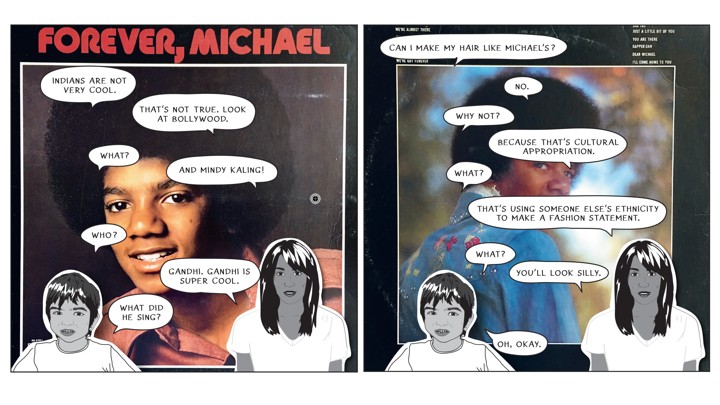Tia Mowry Talks Adjusting To The Racism She Experiences With Her Black Husband Vs Growing Up With A White FatherPosted in Articles, Arts, Autobiography, Family/Parenting, Media Archive, United States, Videos on 2019-06-03 14:35Z by Steven |
MadameNoire
2019-05-31
Veronica Wells, Culture Editor
I don’t think it’s any secret that Tia Mowry (and Tamera) are biracial. While it was a minute before we saw their parents, their mother, Darlene Mowry, is Black and their father, Timothy Mowry, is White. You might imagine that growing up in that household was a bit different than living in the household she does now. And it is. On her YouTube channel, Tia Mowry’s Quick Fix, she shared the racism her parents experienced when they were initially dating, the racism her mother experienced that her father didn’t, and how it’s different having a White father vs. a Black husband in terms of racial treatment.
See what Tia had to say about all of this below…
Read the entire article here.







